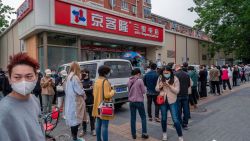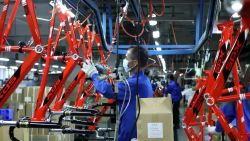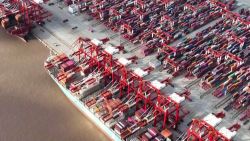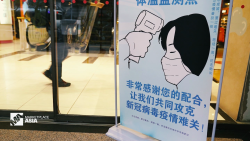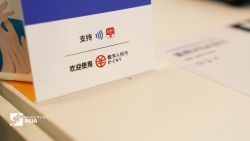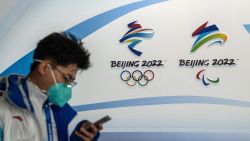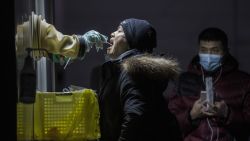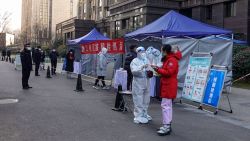For decades, China was the promised land for American, European and Japanese carmakers. Now, the coronavirus outbreak threatens to prolong a slump in vehicle sales, derail production in the country and snarl global auto supply chains.
Volkswagen (VLKAF), Toyota, (TM) Daimler (DDAIF), General Motors (GM), Renault (RNLSY), Honda (HMC) and Hyundai (HYMTF) are among the global carmakers who have invested heavily in China, forming partnerships with local companies and building vast factories. China makes more cars than any other country, and is also the world’s biggest market.
When car plants across China shut last month for the Lunar New Year holiday, the industry was already under huge pressure: sales had been falling for two years due to the loss of tax incentives for electric cars and the slowing economy, and officials were expecting an unprecedented third year of stagnation.
Many of those plants have since been ordered to remain shut at least until next week as the Chinese government scrambles to contain the virus that first appeared in Wuhan, a major autos hub, before sweeping across the country, infecting thousands of people and killing hundreds. Automakers are bracing for even longer shutdowns and a deeper recession in global sales.
Sales and production to suffer
Close to 60 million people are still living under lockdown in China, with three cities reporting over a thousand confirmed coronavirus cases each. Meanwhile, the virus continues to spread, keeping huge numbers of potential shoppers at home until the outbreak peaks.
“We assume consumers will tend to avoid purchasing cars in dealer shops until then to reduce contagion risk,” analysts at S&P Global Ratings said in a report published Wednesday.
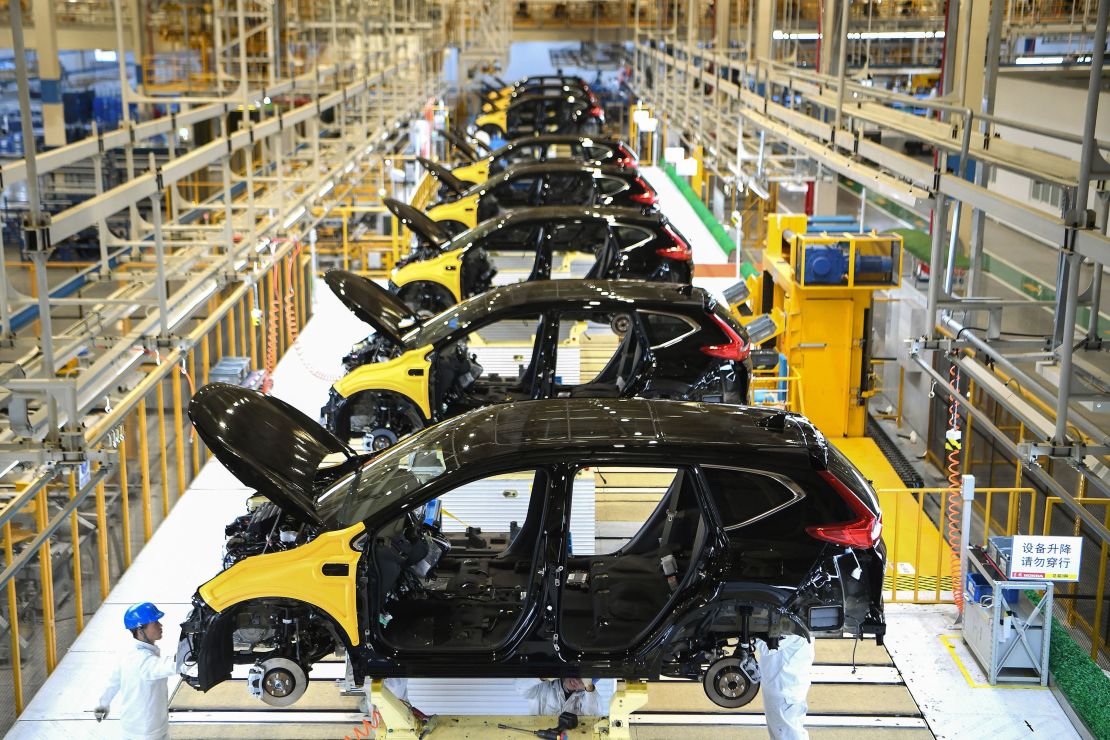
The extended factory closures are expected to make it much more difficult for the industry to emerge from its recession. According to S&P Global Ratings, the outbreak will force carmakers in China to slash production by about 15% in the first quarter.
The auto industry is particularly exposed because the virus originated in one of China’s “motor cities.” General Motors, Nissan (NSANF), Renault, Honda and Peugeot owner PSA Group (PUGOY) all have large factories in Wuhan, which has been on lockdown since late January.
Wuhan and the rest of Hubei province account for 9% of total Chinese auto production, according to S&P Global Ratings. PSA Group told CNN Business this week that its Wuhan plant would remain closed until at least February 14, though a spokesperson added that its European operations have not yet been affected by any parts or logistical disruptions.
Other carmakers are also trying to assess the fallout from the outbreak and keep it to a minimum.
“It’s a very fluid situation,” GM CEO Mary Barra told investors Wednesday during an earnings presentation. She said the company is working with its Chinese partners and local health authorities to make sure the supply chain is not disrupted.
Germany’s Daimler and Volkswagen have said they expect to resume some vehicle production in China on Monday, though both firms added that they continue to monitor the situation and will adjust plans as needed.
Volkswagen is most exposed to potential damage. The world’s largest automaker has 24 plants making cars or parts in China, accounting for 40% of its production.
On Wednesday, Volkswagen said that its supply chain “is on track to be fully functional in time for the start of production,” and that planned deliveries to customers haven’t changed.
Toyota, which makes 15% of its cars in China but is less exposed than Japanese rival Honda, is also worried. The world’s second biggest carmaker had been hoping to restart production on February 10, but it has been forced to keep its 12 joint venture plants in China — four making cars and eight making parts or components — closed for another week at least.
“The situation varies depending on the plant and its supply of parts. Also, there are additional considerations that must be given to the guidelines from local and region governments, including things like logistics, so we cannot definitively say whether we will restart plant operations from February 17,” a Toyota spokesperson said.
The situation could get worse before it gets better. S&P Global Ratings researchers said the Chinese government could extend factory shutdowns in order to limit contagion risk, affecting as much as half of China’s car and auto parts production. Car plants in cities such as Shanghai and Tianjin — many hundreds of miles away from Wuhan — could be out of commission for an “extended” period, they warned.
The risks beyond China
The longer the crisis drags on, the greater the chance that global auto supply chains will be damaged.
German engineering firm Bosch, which is the world’s largest auto component manufacturer, has dozens of plants in China including two in Wuhan. Other parts suppliers including Schaeffler, ZF Friedrichshafen, Faurecia and Valeo have significant operations in the country, according to S&P Global Ratings.
A spokesperson for Bosch said Thursday that its plants in China remain closed on government orders, but production is expected to resume at many locations “within the next few days.” The spokesperson said it was still too early to assess the impact to the company.
China is also the global manufacturing base for electric motors, transmissions, and other components for electric cars. Tesla (TSLA), which sources parts from multiple companies in China, has already said that production will be delayed at its new factory in Shanghai.
Crunch time has arrived for one major carmaker. Hyundai (HYMTF) suspended production this week at its plants in South Korea because the coronavirus disrupted its supply of parts.
Korea’s car sector sources 29% of its parts from China, according to Simon MacAdam, global economist at Capital Economics. He said that Hyundai’s decision underscores how valuable China is to major manufacturing supply chains around the world.
“Even industries that appear to have low exposure to Chinese suppliers will almost certainly contain firms that are heavily reliant on inputs from China,” MacAdam wrote Wednesday in a research note. “It only takes bottlenecks in the production of one low-value, but crucial, component to bring higher-value, downstream production to a halt.
— Laura He, Sherisse Pham, Chris Isidore and Enjoji Kaori contributed to this report.


